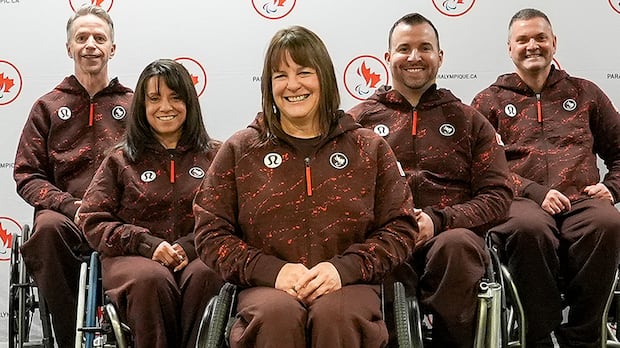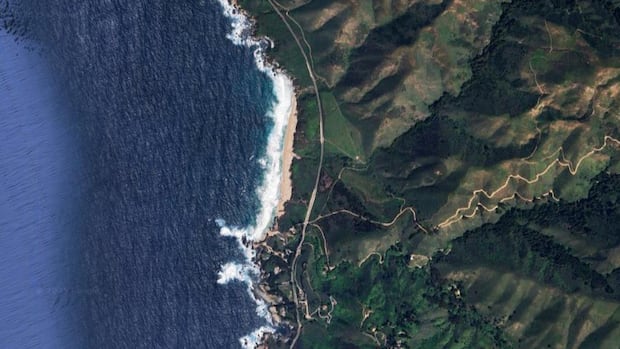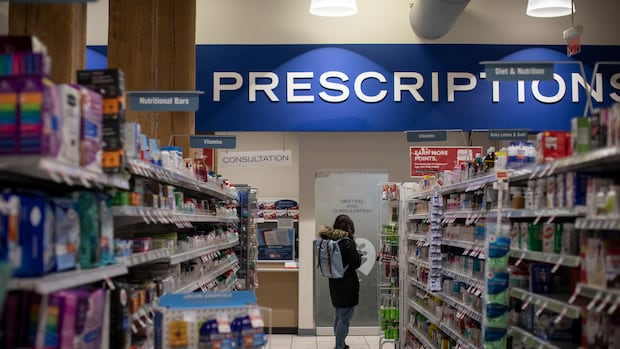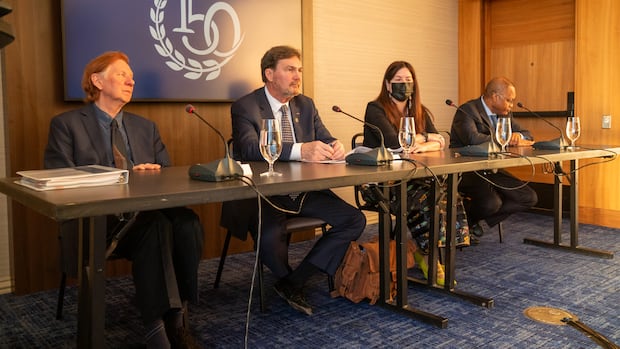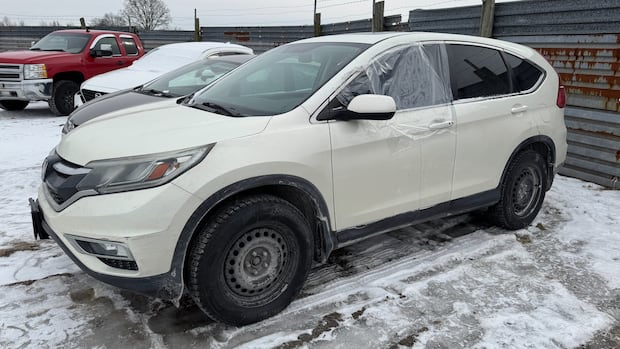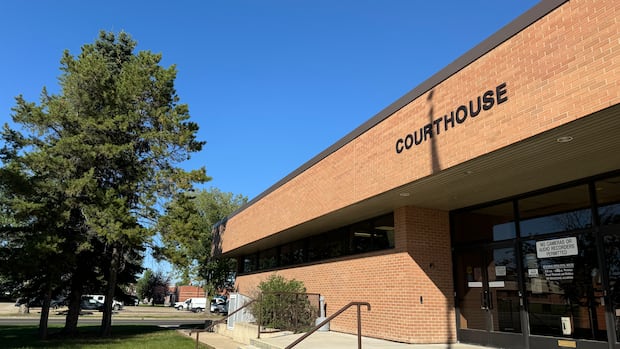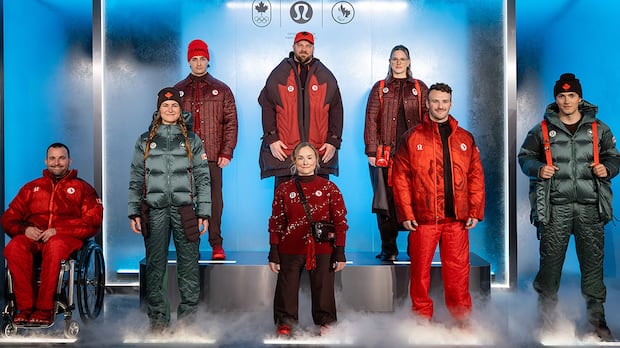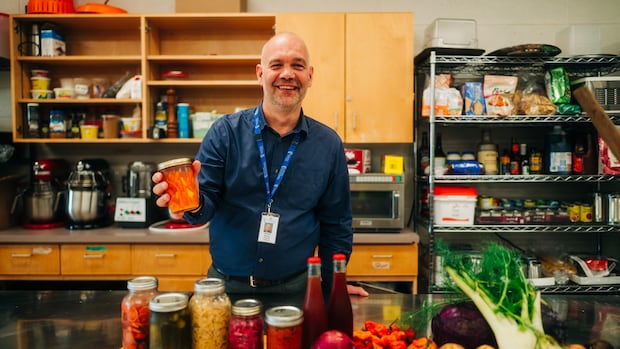Listen to this article
Estimated 4 minutes
The audio version of this article is generated by text-to-speech, a technology based on artificial intelligence.
An infant immunization for respiratory syncytial virus (RSV) is now available across Canada, but it still has to be paid for out of pocket — and at a steep cost — by most parents in B.C.
Dr. Patrick Hemmons, a northern B.C. family physician who had to travel to Seattle last year to buy a dose of nirsevimab for his preterm daughter, says he's glad no one else will have to cross international borders to secure the antibody.
“It was not easy having to travel to a different country essentially to get medication that should be, I think, widely available in Canada,” he said. “This medication is extremely effective at preventing [RSV], which is a game changer.”
But he and numerous other parents and doctors say they don't just want the shot to be available to all infants, they want it to be free.
Nirsevimab was approved by Health Canada in April 2023 and recommended for all infants in their first RSV season — the fall and winter.
It is made by AstraZeneca and distributed in Canada by pharmaceutical company Sanofi, under the name Beyfortus, and ranges in price from $800 to $900.
WATCH | Parent travels to U.S. for infant RSV shot :A Prince George doctor and parent of a prematurely born child is calling for a new life-saving vaccine to be made available to all infants in British Columbia.Funding varies across CanadaThe majority of Canada has a publicly funded RSV program where all babies can receive nirsevimab free of charge.
The only outliers are British Columbia, Alberta and New Brunswick.
In B.C., nirsevimab is only covered for some high-risk infants and those born in certain remote communities. Hemmons says despite being born preterm, his daughter wasn’t considered high-risk enough to qualify for the immunization.
RSV usually causes a minor cold, but can lead to severe illness in vulnerable groups like older adults and newborns.
A recent study from the University of British Columbia's Faculty of Medicine found that babies under six months made up almost 45 per cent of all RSV-related hospital admissions in Canada and nearly 50 per cent (about $32.5 million) of the total annual costs.
“There is that huge risk that if your baby catches it, they likely will be hospitalized because their body can't handle it at that age,” said Calgary mother Katrina Bellavance, whose youngest daughter Maxine was hospitalized for four days when she was nearly eight weeks old.
Bellavance said her daughter caught RSV in February 2023, and she would have immunized her daughter if the option was available to her at that time.
 Katrina Bellavance with her three-year-old daughter Maxine. (Submitted by Katrina Bellevance)
Katrina Bellavance with her three-year-old daughter Maxine. (Submitted by Katrina Bellevance)“To have the antibody treatment available, especially for premature babies, could keep a lot of babies out of the hospital and save a lot of families a really stressful experience,” she said.
“It doesn't make sense to me that some of the provincial governments aren't willing to provide that.”
In 2024, the National Advisory Committee on Immunization (NACI), which advises the federal government, recommended prioritizing coverage for higher-risk infants because of nirsevimab's hefty price — at the time, $952.
But the committee also recommended working toward "a universal RSV immunization program for all infants."
Coverage could changeIt is up to provinces, however, to decide whether to cover the costs of medications or not.
The B.C. Ministry of Health said it reviews eligibility criteria for immunization coverage every year.
It said there are 4,000 doses of nirsevimab available for high-risk infants for the 2025-26 respiratory illness season.
Children who don't meet the criteria can still obtain the antibody on a private pay basis, the ministry said, but the availability of products for private purchase is at the discretion of the manufacturer.
 Nirsevimab is sold under the name Beyfortus. (Fred Tanneau/AFP via Getty Images)
Nirsevimab is sold under the name Beyfortus. (Fred Tanneau/AFP via Getty Images)Dr. Katharine Smart, a pediatrician and former president of the Canadian Medical Association, said she expects coverage eligibility could change.
“Given the pressures on our health-care system and the cost of RSV illness even in babies that don't have risk factors, I think we may see those provinces realize it's a better economic decision to offer nirsevimab for all infants," she said.
She added that one of the challenges of nirsevimab not being covered is that information about it isn't offered to parents in as reliable a way, so even families willing to foot the bill may not know the option exists.
“We need to be talking about it, making sure families know it's available, but equally important is making it accessible to all babies.”


